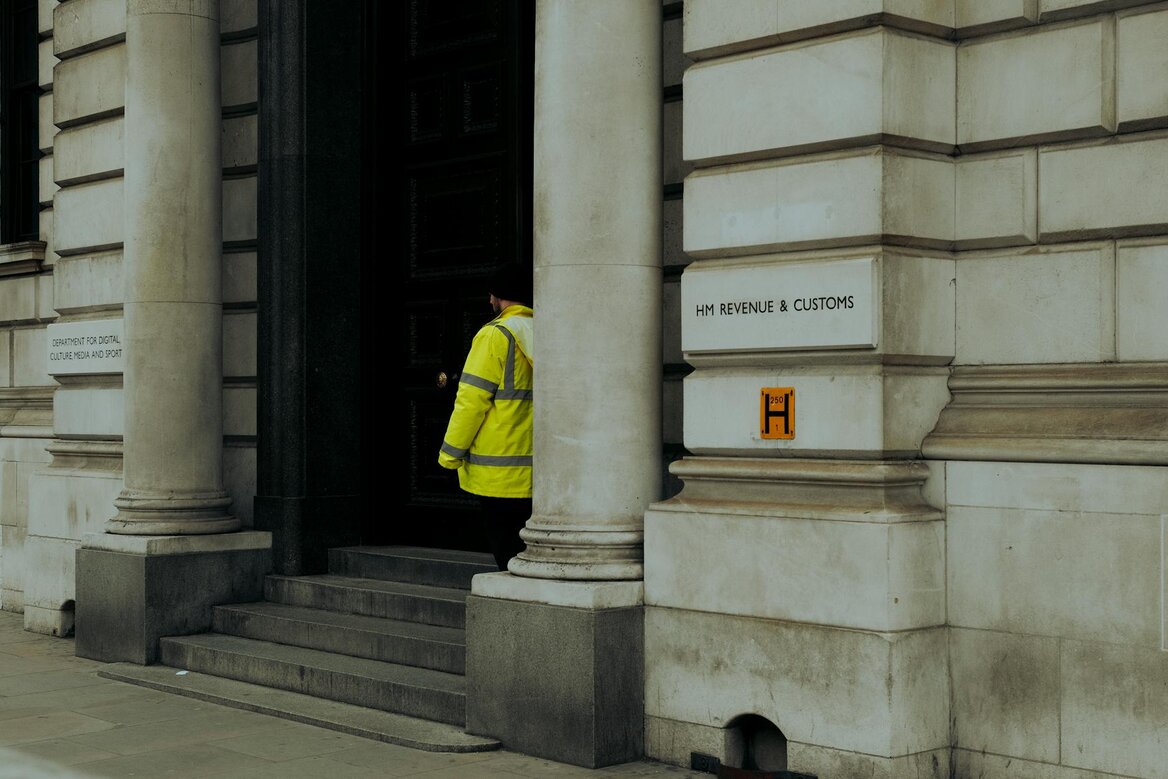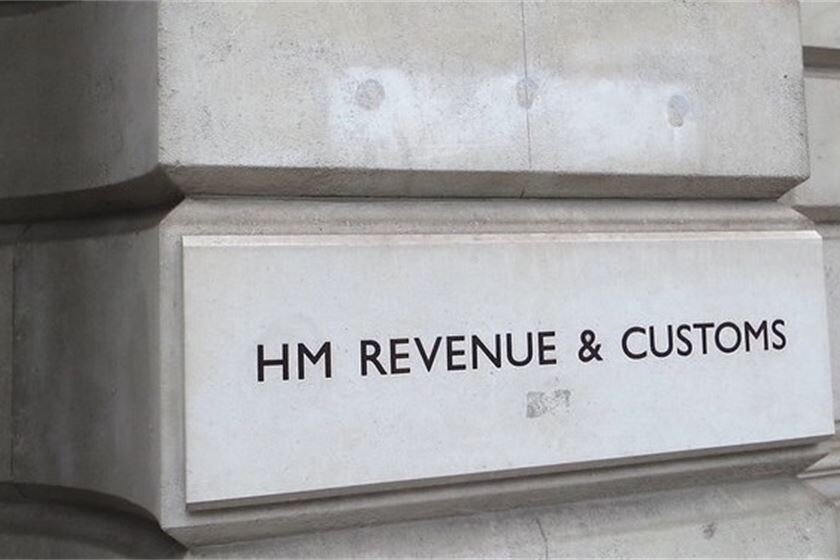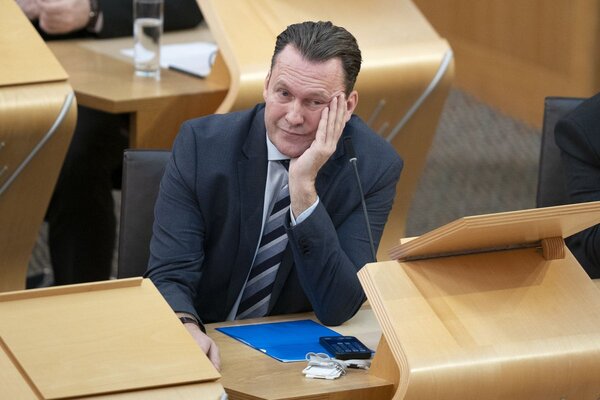HMRC under pressure as Making Tax Digital pilot lags
HM Revenue & Customs (HMRC) is facing mounting criticism over the slow rollout of its Making Tax Digital (MTD) programme, with fewer than 1% of those expected to be affected by 2026 currently taking part in its pilot scheme. Official figures show just 2,400 users have signed up only 0.34% of the hundreds of thousands of landlords and self-employed people set to be in scope.
At the same time, a new Public Accounts Committee (PAC) report has warned that HMRC’s performance has worsened despite years of investment. Productivity has fallen, staffing costs have risen, and taxpayer trust is on the decline. MPs argue this combination could undermine confidence in one of the biggest overhauls of the tax system in decades.
Who will be affected and when
The Making Tax Digital reforms are being phased in
- From 6 April 2026, they will apply to self-employed people and landlords with annual income over £50,000.
- From April 2027, the scope expands to those earning over £30,000.
Those affected will need to switch from annual Self Assessment returns to quarterly digital submissions using HMRC-approved software. HMRC says this will reduce mistakes and make tax compliance simpler in the long run.
Craig Ogilvie, HMRC’s Director of MTD, urged early action:
“With April 2026 on the horizon, agents should be reviewing if any of their clients have income over £50,000. We urge those who meet the criteria to join our testing programme on GOV.UK now to help shape the final service.”
Making Tax Digital will require many sole traders and landlords to switch to quarterly digital reporting. To prepare effectively, explore our step-by-step guide on Making Tax Digital for self-employed and landlords that explains eligibility and compliance
A sluggish start to the pilot programme
Despite these calls, uptake has been sluggish. Out of nearly a million potential taxpayers, just 2,400 have enrolled in the pilot scheme. That equates to 0.34% of the expected total a figure that has alarmed industry experts.
Accountancy bodies warn that without wider participation, HMRC risks missing valuable feedback to refine the system before launch. While surveys such as those conducted at Accountex Manchester suggest many accountants remain unprepared, the precise level of readiness across the sector is still unclear.
Caroline Hobden, portfolio event director at Accountex, stressed the importance of preparation:
“As we have seen with MTD for VAT, preparation is key. Whether that’s in person or online, adapting to a new way of working will be a smoother process by learning from and sharing insights with others.”
Public Accounts Committee highlights falling performance
HMRC’s struggles go beyond the MTD rollout. In its latest report, the Public Accounts Committee found that despite increased investment, performance has slipped:
- Compliance productivity dropped from £1.4 million per worker pre-COVID to £1.27 million in 2023–24.
- Salary costs rose by more than £100 million between 2019–20 and 2023–24 as HMRC hired more senior staff.
- Customer service levels have continued to disappoint, with delays eroding public trust.
The committee warned that falling confidence in HMRC could directly impact taxpayers’ willingness to comply, undermining voluntary participation in the UK’s self-assessment system.

Trust and the risk of resistance
The UK relies heavily on voluntary compliance. Millions of taxpayers self-report and pay their liabilities each year, but this system depends on trust that HMRC is efficient, fair, and supportive.
The PAC report found that trust in HMRC is slipping, raising concerns that new digital systems like MTD could face resistance. If households already frustrated by poor service perceive MTD as an added burden rather than an improvement, compliance rates could suffer.
What happens next?
With the 2026 deadline now less than two years away, pressure is building on HMRC to:
- Expand pilot participation and gather more real-world feedback.
- Provide clearer communication to taxpayers about who must comply and when.
- Support accountants and advisers with resources to help clients transition smoothly.
Without these steps, experts fear HMRC could face a last-minute scramble that leaves both households and advisers struggling to adapt. Supporting clients through the transition is vital for accountants and advisers. Learn how to keep accurate digital records and file timely reports to avoid penalties under MTD
The bigger challenge for HMRC
Making Tax Digital is intended to modernise tax administration, reduce errors, and align reporting with the digital age. But with productivity falling and trust eroding, HMRC faces a credibility challenge as well as a technical one.
HMRC’s official details on the Making Tax Digital pilot scheme offer essential information for potential participants. Visit HMRC’s MTD for Income Tax pilot page for the latest updates and guidance.
For taxpayers, the shift to quarterly reporting will require new habits, software investments, and more active financial management. For HMRC, the test will be whether it can deliver a system that is genuinely simpler and more reliable or whether its already fragile reputation risks further damage.

Final Summary
HMRC MTD pilot uptake remains below 1%.
With only 0.34% of expected taxpayers currently trialling Making Tax Digital, HMRC is struggling to prepare for the system’s 2026 launch. The Public Accounts Committee has warned that falling productivity, rising costs, and declining trust could make rollout even harder.
For households and small businesses, the shift will mean quarterly reporting and digital record-keeping. For HMRC, the bigger challenge may be convincing taxpayers that the change will actually make life easier, not harder.









